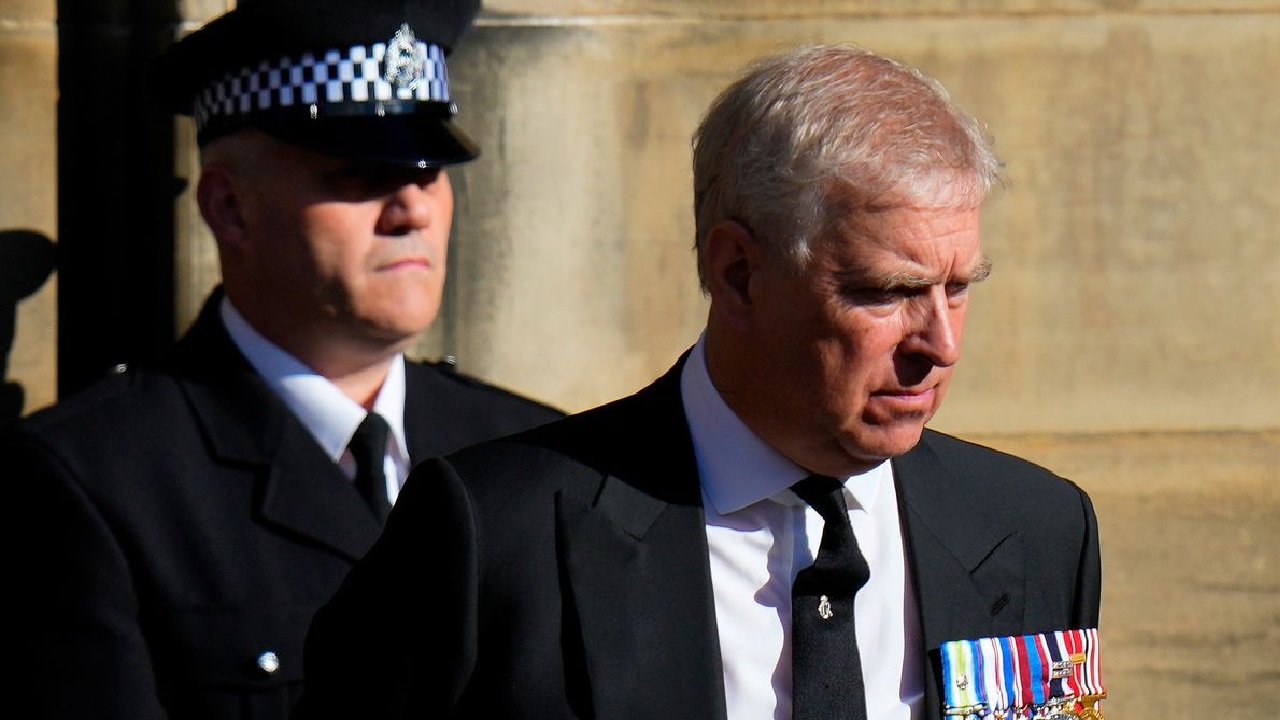Canadian Prime Minister Justin Trudeau is confronting one of the most significant crises of his political career. Pressure from both his own Liberal MPs and opposition leaders has intensified, with calls for him to step down before the next federal election. Key Liberal MPs are now rallying for a secret ballot vote to determine Trudeau’s leadership fate, highlighting growing internal dissatisfaction as the party’s support plunges in national polls. The situation marks an unprecedented moment in Canadian politics, raising serious questions about Trudeau’s political future.
Mounting Calls for Trudeau to Step Down
The discontent within Trudeau’s party has reached a boiling point. In a recent closed-door meeting, numerous Liberal MPs openly expressed their concerns and requested that Trudeau reconsider running in the upcoming 2025 election. Liberal MPs such as Helena Jaczek and Yvan Baker have been vocal, advocating for a secret ballot that would allow MPs to vote freely on Trudeau’s leadership. Jaczek stated, “I’m very much in favour of a secret ballot. I think it’s time that we clear the air.” Baker echoed this, noting that a secret ballot would allow members to vote without fear of repercussions, enabling the party to confront its internal divisions openly.
Trudeau, however, has remained adamant about leading his party into the next election, despite rising calls for a change in leadership. In a recent interview with an Ontario-based news podcast, Trudeau reiterated his determination, saying, “I am determined to lead this party into the next election. I’m actually really excited about this fight.” This insistence has only fueled frustrations among some Liberal MPs, who argue that his continued leadership might be damaging to the party’s future.
The Push for a Secret Ballot
With Trudeau standing firm, his MPs have started advocating for a rare secret ballot vote to address the leadership issue. Supporters of this vote, such as MP Sameer Zuberi, see it as a way to settle the debate within the party and move forward. Zuberi believes a secret ballot could “put this to rest,” bringing clarity and “finality” to the situation. Others, like MP Wayne Long, argue that the vote would allow the party to assess Trudeau’s support realistically and, if necessary, make way for new leadership.
A secret ballot vote, if it takes place, would be unprecedented in Canadian politics. Unlike other democracies, Canada lacks a history of leaders voluntarily stepping down or party caucuses initiating leadership reviews. The Liberal caucus also lacks the procedural mechanisms outlined in Canada’s 2015 Reform Act, which permits caucus members to trigger a vote on party leadership if 20 percent sign a petition. This makes the current call for a leadership vote a unique and highly unorthodox maneuver in Canadian political history.
Trudeau’s Plummeting Popularity and Opposition Threats
Trudeau’s leadership struggles extend beyond internal party discontent. The latest polling data indicates a steep decline in public support, with his Liberal Party trailing nearly 20 points behind the opposition Conservatives. In a recent Abacus Data poll, approximately 60 percent of Canadians expressed a negative view of Trudeau, with only 23 percent having a positive impression of the prime minister. This decline in approval is among the worst recorded for the Liberal Party, adding urgency to the calls for Trudeau to step down.
Adding to his woes, opposition parties are gearing up to force Trudeau’s minority government out of power. Bloc Quebecois leader Yves-Francois Blanchet has openly declared his intention to work with other opposition leaders to topple Trudeau’s government, signaling that “the prime minister’s days are numbered.” The Bloc Quebecois, along with the New Democratic Party and the Conservatives, appear eager to force an early election, threatening Trudeau’s ability to remain in office if his own party does not act first.
Trudeau’s Political Legacy at Stake
Analysts are closely watching the situation, noting the potential impact of Trudeau’s prolonged tenure on the Liberal Party’s future. Former political adviser Scott Reid remarked that Canada’s political tradition does not typically see prime ministers leaving willingly, as most only exit following electoral defeat or after exhausting all avenues for retaining power. If Trudeau insists on staying, his legacy might be marred by potential internal fractures within the party, diminishing the Liberals’ chances in the next election.
This political crisis for Trudeau is occurring amidst a series of challenges, including shifting public opinion and political strategies by opposition leaders eager to capitalize on his waning popularity. The Liberal Party now faces the difficult choice of supporting Trudeau for another term or initiating a leadership change that could stabilize the party ahead of the 2025 election.
As Canadian politics reach a pivotal moment, Trudeau’s leadership hangs in the balance. The push for a secret ballot vote by his own MPs reflects deep-rooted concerns about the party’s future under his leadership. With both public and internal pressures mounting, the prime minister faces a critical choice: step aside to allow a new leader to emerge or continue his fight, risking further erosion of the party’s unity and voter base. The coming days will likely determine whether Trudeau’s tenure ends as one of resilience or if internal dissent brings an unexpected conclusion to his political career.
(With inputs from agencies)








